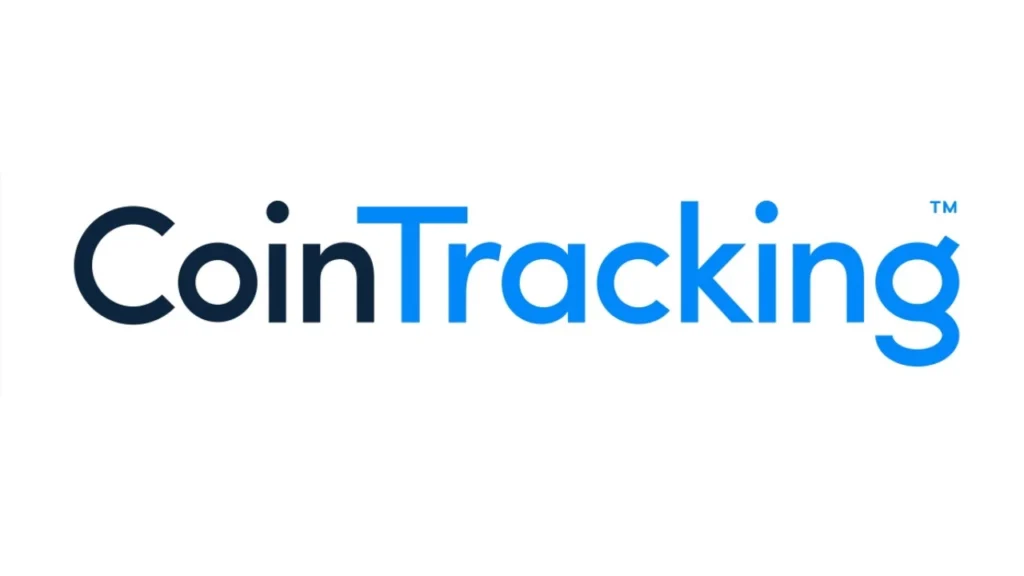Crypto Tax in Thailand: 5 Tools Thai Traders Are Actually Using in 2025
Crypto adoption in Thailand isn’t slowing down, and neither is the scrutiny from tax authorities. While the tax on crypto in Thailand has technically existed since 2022, 2025 is shaping up to be the year people start taking it seriously—especially with new reporting obligations and exchange oversight.
And here’s the thing: navigating crypto taxes manually? It’s a nightmare. Between wallet addresses, token swaps, staking rewards, and the occasional airdrop, most Thai traders are leaning on tools and platforms to track—and sometimes even file—their crypto taxes.
Here’s a look at five of the most commonly used tools among Thai crypto users in 2025. Some are international, others are built for local needs. But all are helping to take the edge off tax season.

1. Accointing: The All-Round Tracker of Tax on Crypto in Thailand for Thai Traders
Accointing has quietly become a favorite among Thai retail investors. It connects with major wallets and exchanges, including Bitkub and Binance TH, and gives users a full breakdown of capital gains and losses.
In 2025, it also supports localized reports that align with Thailand’s personal income tax system—a big win. While it doesn’t file the tax for you, it gives a clean export you can hand to your accountant.

Credit from : Access Newswire
2. Bitkub Tax on Crypto in Thailand Summary Tool
Bitkub’s built-in tax report feature has seen more use lately, especially since Thai authorities requested licensed exchanges to provide clearer data trails.
Users can now generate summaries of realized gains, withdrawals, and even staking income. It’s basic—but for those who only trade on Bitkub and don’t venture into DeFi, it gets the job done.
Just don’t expect it to account for anything outside the Bitkub ecosystem.
3. CoinTracking: Still the Go-To for Power Users
For serious traders or those deep into DeFi, CoinTracking remains the heavyweight tool. It handles everything from NFT gains to obscure altcoin trades across multiple chains.
The 2025 version comes with Thai baht (THB) currency conversion and improved support for transaction tagging, which helps clarify income vs. capital gains—something the Thai Revenue Department cares about.
The downside? It’s a bit intimidating for beginners. But if you’re managing multiple wallets or mining income, you’ll probably need this level of detail.

Credit from : Bitcoin.com
4. Koinly: Ideal for Filing with Thai Accountants
Koinly makes it surprisingly easy to file crypto taxes with an accountant. While it doesn’t yet file directly with Thailand’s e-filing portal, it does generate tax reports in both English and Thai.
That’s a big plus if you’re trying to explain your staking rewards or Layer 2 transactions to someone handling traditional tax returns.
In 2025, it’s also one of the few tools that auto-detect airdrops and forks—handy, considering both are considered taxable events in Thailand.

5. Google Sheets + Human Accountant (Still a Thing)
Yep, some Thai traders still prefer the “hybrid” route: track everything in Google Sheets and send it to a trusted accountant.
Believe it or not, this is still pretty common—especially among traders who only use one or two platforms and want control over categorization.
That said, it requires a clear understanding of what’s taxable. Swaps? Staking? NFT royalties? Not always obvious. And most Thai tax advisors aren’t yet crypto-native. But for those who want simplicity—and a human touch—this method isn’t going away soon.

A Quick Reminder on the Rules (Because You Asked)
Just in case you’re new to this: yes, crypto gains are taxable in Thailand. The Revenue Department expects you to declare capital gains, staking rewards, mining income, and more. And if you’re using local exchanges? Your data might already be accessible to regulators.
So while the rules haven’t drastically changed since 2022, enforcement and awareness definitely have. Tools like the ones above aren’t just nice to have—they’re becoming part of staying compliant.
Final Thoughts: Tech Meets Tax in Thailand
Crypto tax reporting isn’t glamorous, but in 2025, it’s become a necessary part of trading in Thailand. Whether you’re flipping coins on a Thai exchange or deep in the DeFi trenches, having the right tools in your corner can mean the difference between confusion and clarity.
As Thailand’s Revenue Department continues to modernize—and traders grow savvier—expect more demand for localized tax features, Thai-language support, and integrations with official government portals.
Until then? Pick the tool that suits your style, get your records in order, and if in doubt… ask a human accountant.
Because one thing’s for sure—the tax on crypto in Thailand isn’t going anywhere.




